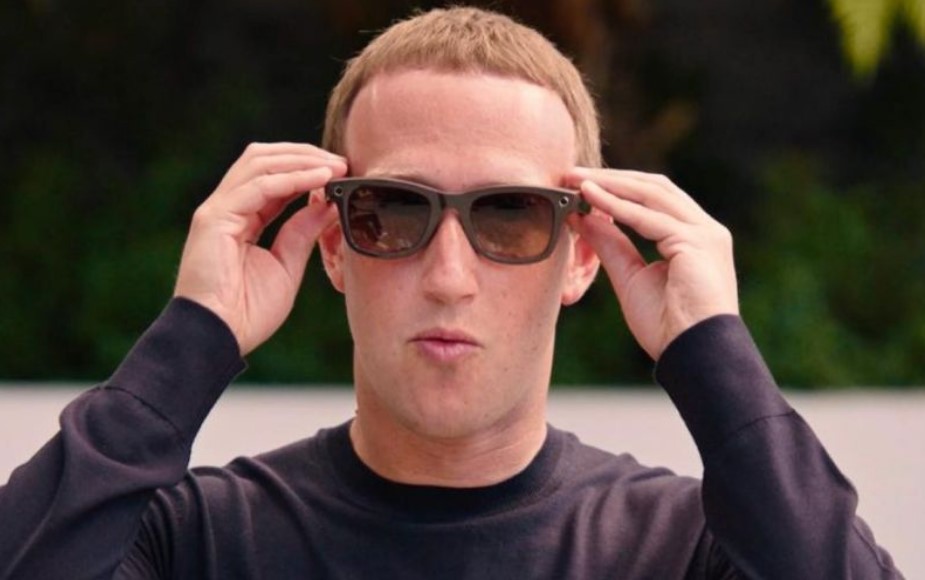FROM TOUCHSCREENS TO THOUGHT STREAMS
(AMZN), (MSFT), (GOOGL), (NVDA), (META), (AAPL)
A consensus is emerging: more than 15 years after the iPhone's debut, generative AI services like ChatGPT may soon underpin a new breed of hardware device, heralding a distinct mode of human-computer interaction. This shift is dubbed the "iPhone moment" by tech enthusiasts, signaling a potential tectonic shift akin to the iPhone's impact on the tech landscape.
The generative AI sector is witnessing significant changes. Spearheaded by industry leaders like Google's Bard and OpenAI's ChatGPT, the landscape is evolving rapidly. Recent data reveals that the valuation of the generative AI sector is projected to skyrocket from $40 billion in 2022 to an impressive $1.3 trillion in the next decade.
This growth suggests an impressive Compound Annual Growth Rate (CAGR) of 42%. Initially, this growth will be driven by training infrastructure. However, as the industry matures, the focus will shift towards applications in digital advertising, niche software, and services.
The increasing demand for generative AI solutions is a testament to technological advancements and hints at lucrative financial opportunities. The sector could generate an additional $280 billion in software revenue. This rise is expected to be driven by specialized AI assistants, cutting-edge infrastructure products, and AI co-pilots that streamline the coding process.
With the increasing shift toward the public cloud, tech giants like Amazon WebServices (AMZN), Microsoft (MSFT), Google (GOOGL), and Nvidia (NVDA) are well-positioned to capitalize on this trend.
By 2032, generative AI’s market share is predicted to expand significantly, impacting various sectors, from IT hardware to gaming.
Key revenue sources are anticipated to include generative AI infrastructure services, AI-powered digital advertising, and specialized AI software.
On the hardware side, AI-centric servers, storage solutions, computer vision AI tools, and voice-driven AI gadgets are expected to be the major contributors.
Notably, innovation is not limited to abstract concepts and projections. Tangible products reflecting this AI-driven vision are already making their mark.
At Meta Platform Inc. (META), CEO Mark Zuckerberg recently unveiled a new iteration of smart glasses crafted in partnership with Ray-Ban. Retailing at $299, these glasses are more than just a fashion statement. They're equipped with advanced features that enable users to livestream videos, make calls, and engage with AI assistants.
Imagine a world where our eyewear offers real-time translations and holographic interactions, painting a picture of a future where our eyewear does more than just correct vision.
Yet, the race to dominate the AI hardware market is fierce. OpenAI, the organization behind ChatGPT, is reportedly collaborating with LoveFrom, a design firm co-founded by ex-Apple (AAPL) designer Jony Ive.
Their mission is ambitious: to craft what some call "the iPhone of artificial intelligence,” a dedicated AI hardware device aiming for a design unconstrained by the traditional rectangular screen. Still shrouded in mystery, this venture has garnered interest from heavyweights like Softbank's Masayoshi Son, hinting at its potential scale.
Furthermore, the advancements aren’t restricted to established tech giants.
Startups are also making waves. Humane, co-founded by former Apple designer Imran Chaudhri, showcased a wearable "disappearing computer" at a recent TED conference. This innovative device offers features like language translation and dietary recommendations, embodying the vision of a future where technology seamlessly integrates into our daily lives.
The potential of AI is vast, and as we stand on the brink of this AI-driven era, hardware will play a pivotal role in AI's evolution. I predict 2024 will be a significant "launching pad" for AI.
However, while the allure of AI is undeniable, we must also consider the familiarity and ease of smartphones. AI features are continually being integrated into these devices, reinforcing their dominance in our lives. Advancements in technology have birthed innovations like fitness-tracking smartwatches, but we must also be cautious.
Personal AI devices, such as the ill-fated Google Glass, might face setbacks before gaining widespread acceptance. Still, the allure of AI's capabilities is undeniable, and carrying a phone around might soon feel like a relic of the past.
As the tech world stands on the cusp of this AI-driven era, one thing is clear: the race to discover the next "golden goose" of technology is well underway. Whether AI devices will soar to the heights of the iPhone remains to be seen, but their potential to reshape our interaction with technology is undeniable.

